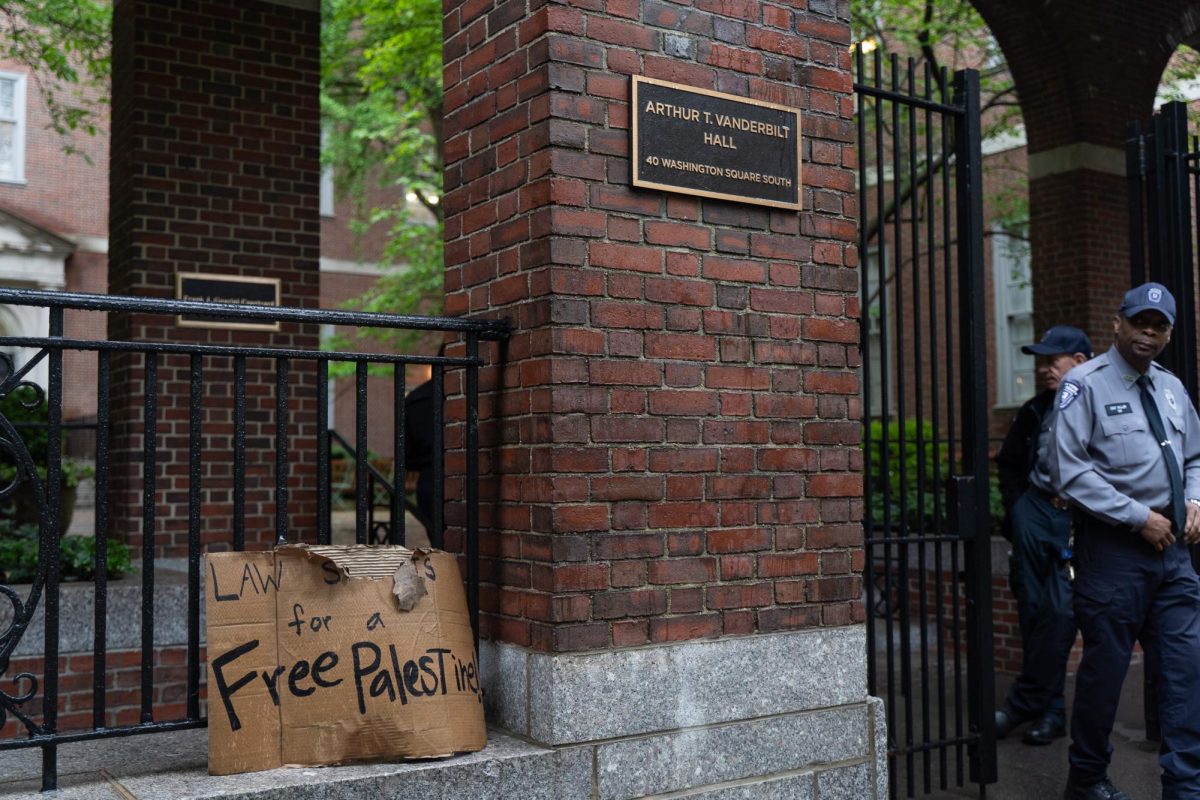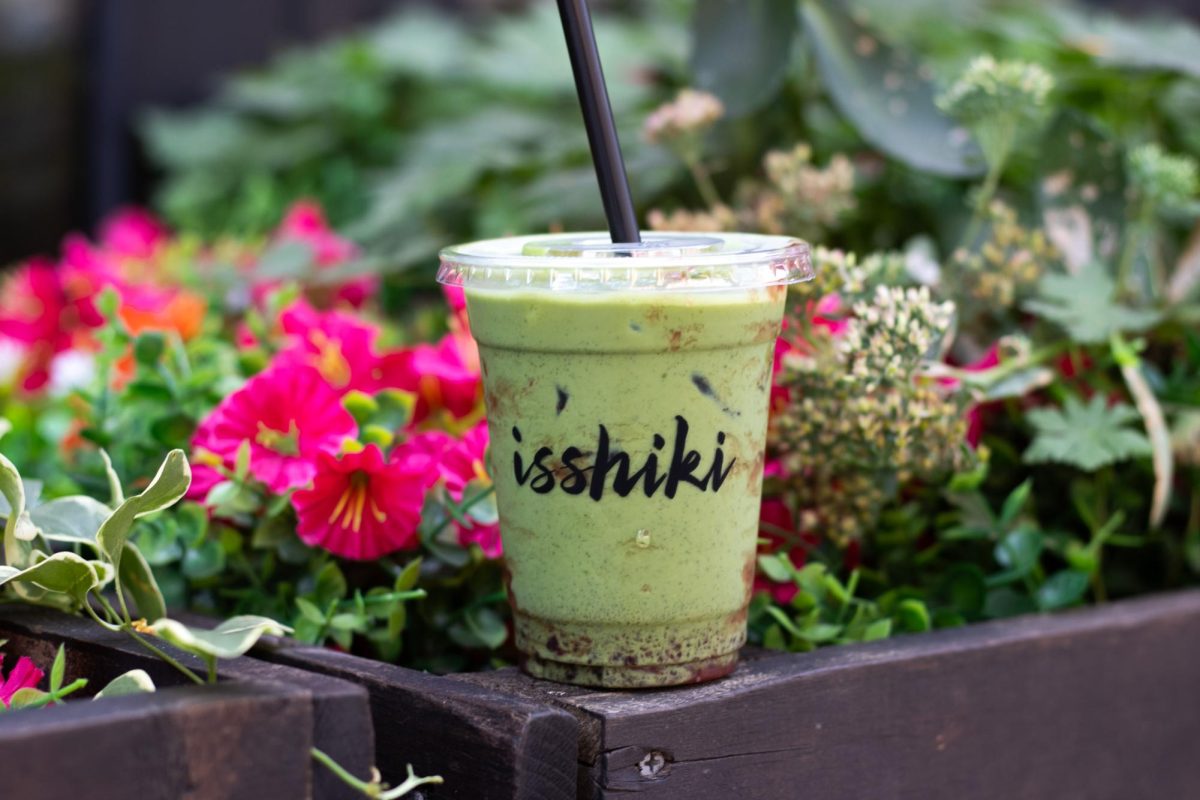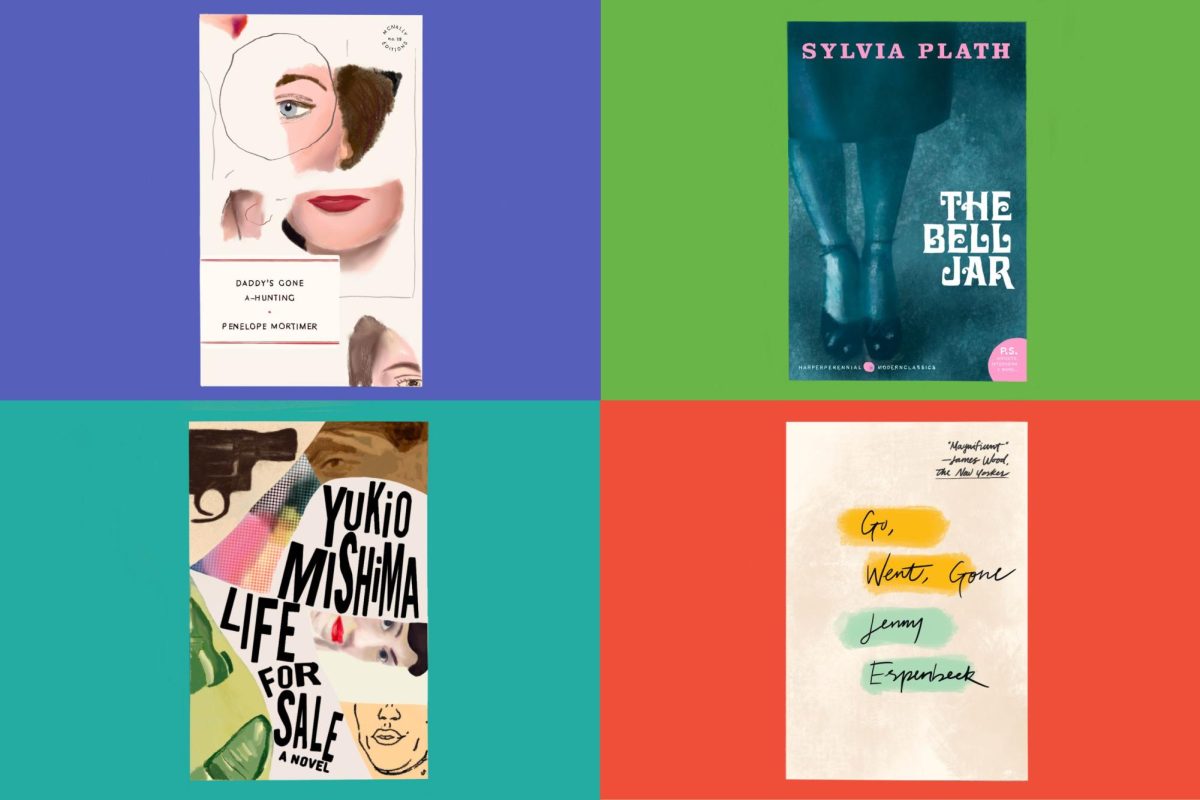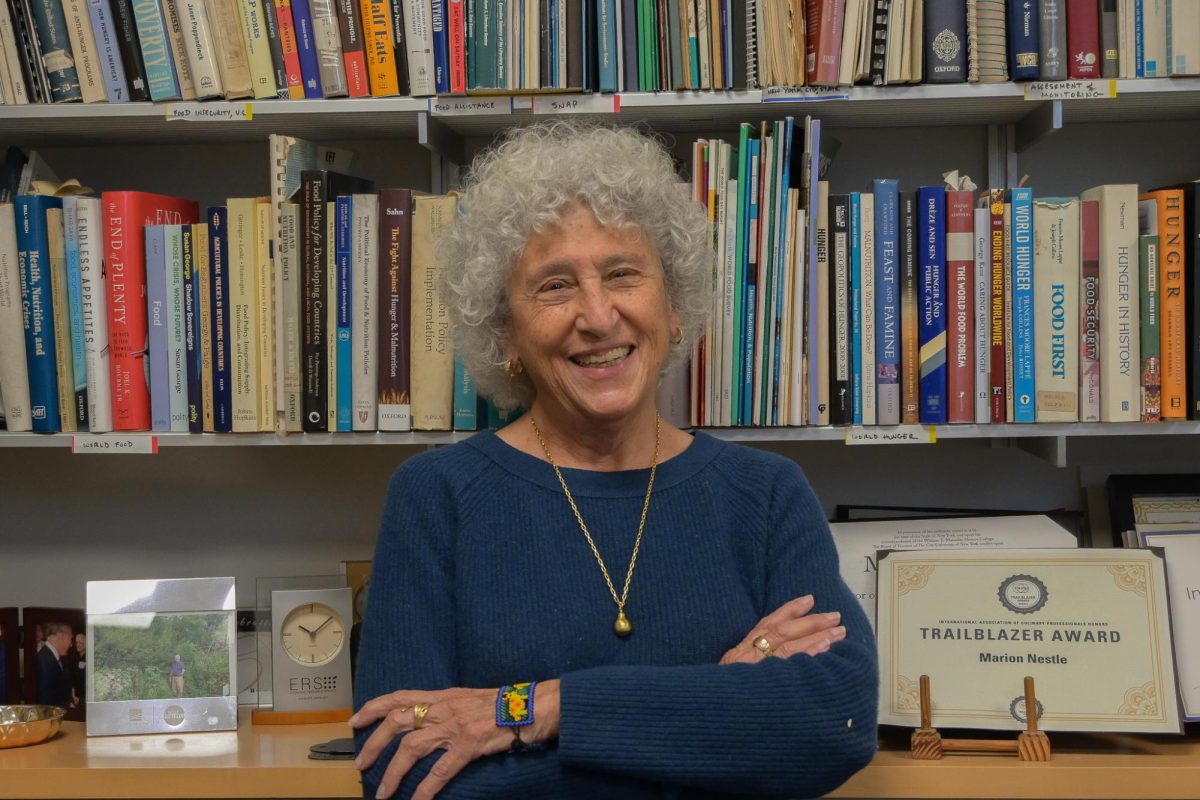“Food” and “studies” aren’t words that most of us associate with one another. But for Marion Nestle, the founder of the Food Studies program at NYU, food has long been a field for academic study, and there’s a whole world of dialogue that occurs beyond our plates.
“We describe food studies as a lens through which to examine the most important issues in society,” Nestle said. “Everything relates to food … and also, people relate to food — everybody eats. People have a stake in the food system in a way that they don’t have in other kinds of things.”
Food studies courses at NYU approach food in an interdisciplinary, holistic manner, covering everything from food history to urban agriculture and the role of identity in cuisine.
The nutrition and food studies department — part of the NYU Steinhardt School of Culture, Education, and Human Development — will soon reach its 30th year, and though Nestle has been retired since 2017, she still spends time in the department and follows its programming closely. Over the years, she has watched it grow from one of the only programs in the nation that studies food academically to one of the nation’s leading advocates for a better food system.
“We established it as something academically respectable,” Nestle said.
When she launched NYU’s food studies program over 20 years ago with the help of several burgeoning academics in food, such as historian and current NYU food studies professor Amy Bentley, it was the first of its kind.
“I was talking to a lot of food people, and they all said, ‘We wish we could study food. We wish we knew more about the history of food, the culture of food,’” Nestle said. “And I thought we could do that!”
Nestle’s efforts put food studies on the map — so much so that even The New York Times covered the program’s creation in 1996. Since then, students in the nutrition and food studies department have been learning to think critically about the food industry, or, as Nestle views it, a trillion-dollar business that impacts everyone, in ways that range from politics to public health.
For Nestle, however, the road to food studies involved many decades of work in a variety of fields. In 1968, Nestle got her doctorate in molecular biology at University of California, Berkeley and began working at Brandeis University, where she briefly taught cell and molecular biology. Then came a seminal moment in her career: according to department policy, she could only teach the same topic for three semesters before she had to switch. Her choices were either physiology or nutrition, and her personal stake in food — the fact that she liked to eat, that is — is what drew her to choose the latter.
In 1976, she began working at the UC San Francisco School of Medicine, where she taught nutrition for 10 years. Following this, she worked under the Reagan administration until 1988, where she served as the managing editor for the Surgeon General’s Report on Nutrition and Health.
At this point, Nestle caught the eye of NYU, who initially hired her as chair for the department of home economics, which also offered nutrition courses. When there was an opening in the department for a new program, Nestle knew food studies would be the right fit.
“By that time, I was pretty aware that we were teaching food courses in the department, but I thought we needed more of them,” Nestle said. “I was aware that there were lots and lots of people who were interested in food.”
While Nestle considers herself part of the nutrition and food studies department’s past, she remains active in tackling food issues. She has written more than 15 books, and has two more coming out in the next year. Nestle, who is nearly 90 years old, also writes routinely for her blog on food politics and is frequently interviewed by reporters looking for food experts.
According to Nestle, the best way to take action is to advocate. She encourages all students, regardless of what they study, to think about food beyond the plate.
“You can join organizations that are working on food issues of one kind or another,” she said. “People can influence the food system by their own individual choices of food. If enough people want vegetarian diets, then [the industry] will have to produce vegetarian foods.”
Nestle’s work has challenged the norms of the food industry and sparked a broader national conversation surrounding food, with the ultimate goal, as cheesy as it sounds, creating a healthier tomorrow for all.
“[Food] bears on just about every major problem in society,” Nestle said. “What gives me hope is that there are so many people interested in it.”
Contact Mia Shou at [email protected].






















































































































































